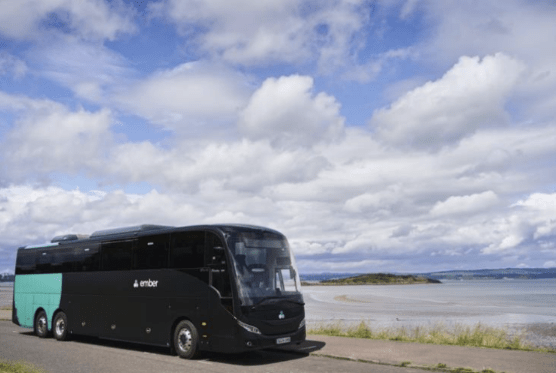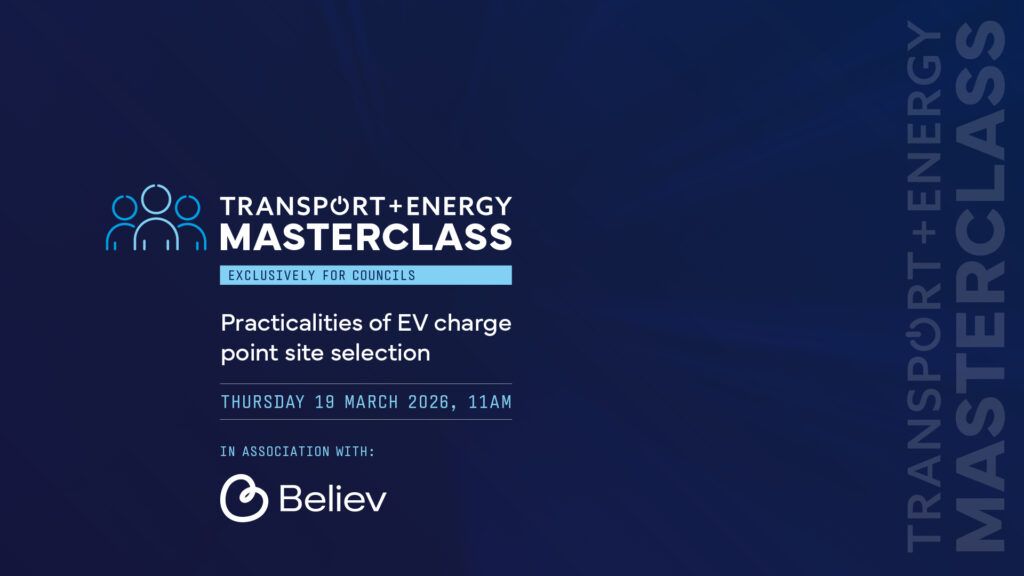Continuing our Transport + Energy Skills series, this week we speak to Paul Whiteside, Operations Manager at The Electrification Skills Network (ESN).
Q. Tell us about ESN.
A. “One of the biggest challenges facing skills development for industry in the UK is the difficulty in selecting appropriate training from the thousands of qualifications and courses on offer. It can be almost impossible to really find what is needed to address specific skills gaps and many employers simply do not have the time. The Electrification Skills Network (ESN), formally the National Electrification Skills Framework and Forum (NESFF), was established to address this by providing a single source of the truth for employers, providers, and policy makers on capability development for electrification.”
Q. What are your aims?
A. “ESN was initially piloted by WMG and has now been reinvigorated through government funding to bring together stakeholders from across the electrification ecosystem. The work is supported by WMG, Coventry University and Enginuity with support from UKBIC and the Workforce Foresighting Hub, all of which are coming together to deliver the ESN vision. It is really important to bring everyone together as there are so many different initiatives going on that we need to create a common vision so people can look at electrification in the UK and know what is going on. There have been lots of really successful activities such as the Emerging Skills project which create a range of training activities that are freely available and the Electrification Skills Community which help providers to develop in order to meet provider needs.”
Q. How can one initiative cover all the different potential stakeholders?
A. “Initially the work was focused on automotive as that sector had the clearest mandate for a shift in skills. It rapidly broadened out to encompass a range of different sectors all of whom have an interest in electrification. The work focuses on the enabling technologies now, rather than specific sectors, in order to create a range of cross-cutting capability development activities, but it also focuses on the interpretation needed to make training relevant to the sectors involved. Relatability is really important; we want people to be able to look at the work of the ESN and to understand how it applies to them.”
Q. What, if anything, did the initiative achieve prior to the new funding?
A. “It achieved a lot. It created something where previously there was a vacuum and it brought solutions to the market quickly. There was a lot of successful work in identifying skills gaps and creating solutions to fill them. The early work of the NESFF proved the concept that an approach like this is something that is needed. Crucially it created some actionable outcomes that people can access and make use of to develop their staff.”
Q. What do you see are the next steps for the ESN?
A. “We are looking to make sure that we can pull all of the major skills initiatives in this space together and to fully map where the demand for, and supply of, skills actually is. The NESFF established the theory of what a future skills framework is and now we are actively applying it to create solutions. The work is constantly evolving and that is the way that it should be with skills.”
Q. As a reader of this article what can I go away and get involved with?
A. “There are the existing electrification training units on the Emerging Skills website, there are about 50 and they have been used around 2,000 times so far. The forum is going strong and getting involved is a really good way to have input into the future of electrification skills and to also gain intelligence on what is happening. We are supporting additional rounds of Foresighting to establish the future competency requirements for a range of technologies that are needed for electrification and we would lie to get as many stakeholders engaged as possible. It doesn’t matter how electrification impacts on someone, there is something that the ESN is doing that they can be involved in.”
NESFF original positioning document: https://hvm.catapult.org.uk/wp-content/uploads/2021/11/National-Electrification-Skills-Forum-Brochure-FINAL.pdf

Transport + Energy’s new initiative, Transport + Energy Skills, in partnership with the WMG at the University of Warwick is a project will highlight the sectors’ shortage and provide insight, information exchange and solutions to progress a major re-skill, up-skill and new-skill of workers, to fit the way industries are changing and ensure UK companies are competitive. Find out more information about the initiative here.












